Is the criticism of Switzerland by Russian dissidents justified?
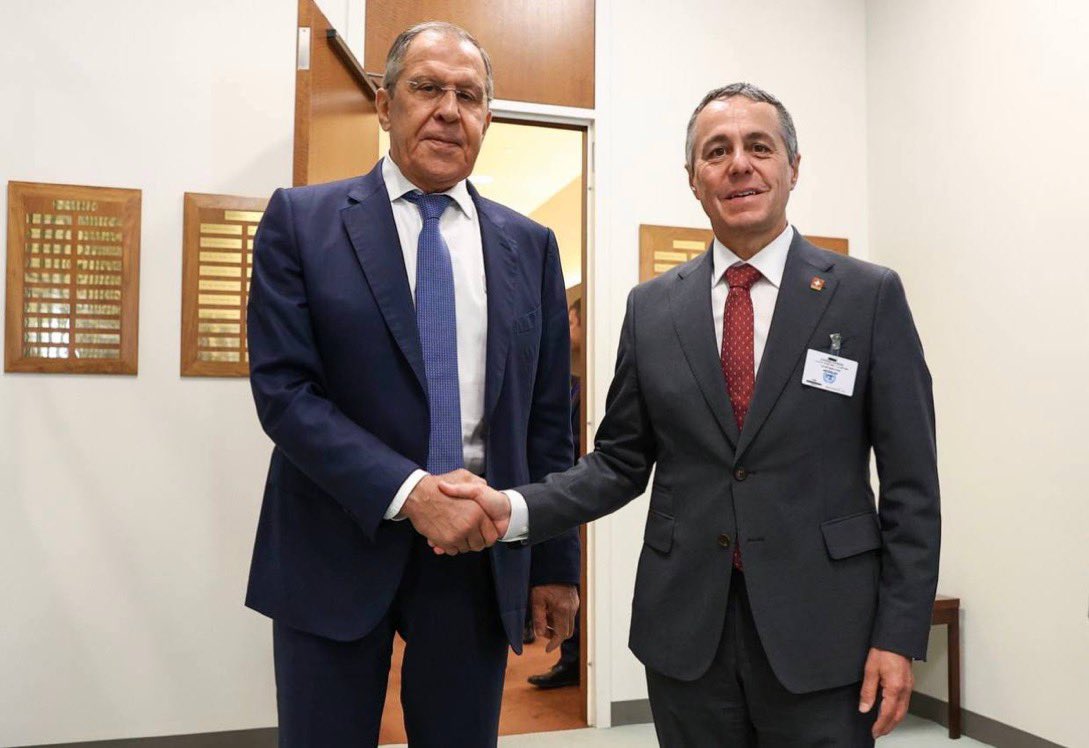
Leading figures from the Russian opposition have criticized Switzerland for hiding behind its neutrality and granting loopholes to Putin's confidants. Two Swiss politicians respond.
In a series of interviews with SWI swissinfo.ch, Russian opposition figures were highly critical of Switzerland: Putin’s officials and oligarchs could have hoarded funds in Switzerland while wounded Ukrainian soldiers were refused medical aid on neutrality grounds.
Critics want Switzerland to take additional measures against commodity traders and private banks so that Western sanctions are effective. They also want closer scrutiny of real estate deals because Russian buyers use proxies to buy property in Switzerland.
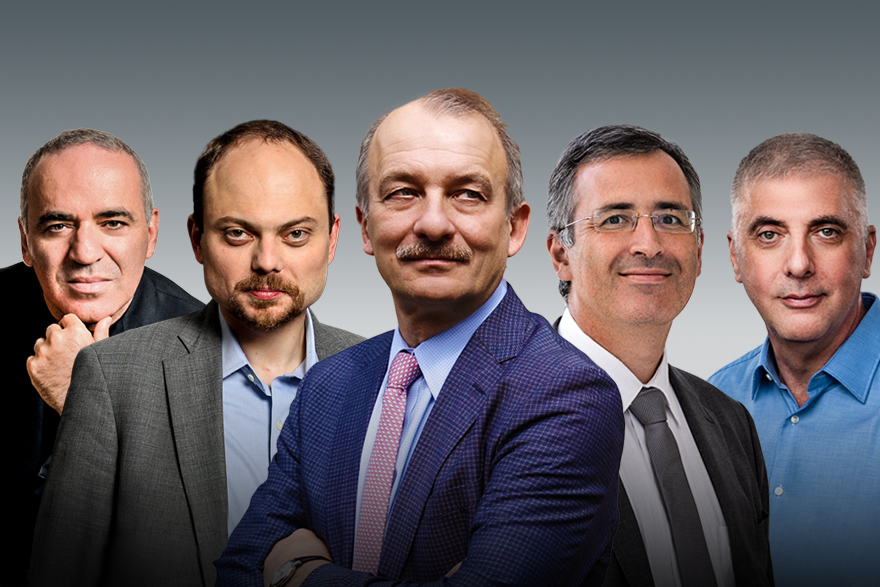
More
Leading Russian opposition figures criticise Switzerland
Parliamentarian Fabian Molina from the left wing Social Democratic Party shares the criticism of the Russian opposition. He believes that Switzerland must do everything possible to remove the basis for Putin’s illegal and brutal war. First and foremost, this means that the war must not be financed through Switzerland.
Molina says: “That’s exactly why my party and I continue to call for a task force to actively search for oligarch funds, independent and targeted sanctions against those responsible for the war who are not yet on an EU list, and a razor-sharp implementation of the existing sanctions.”
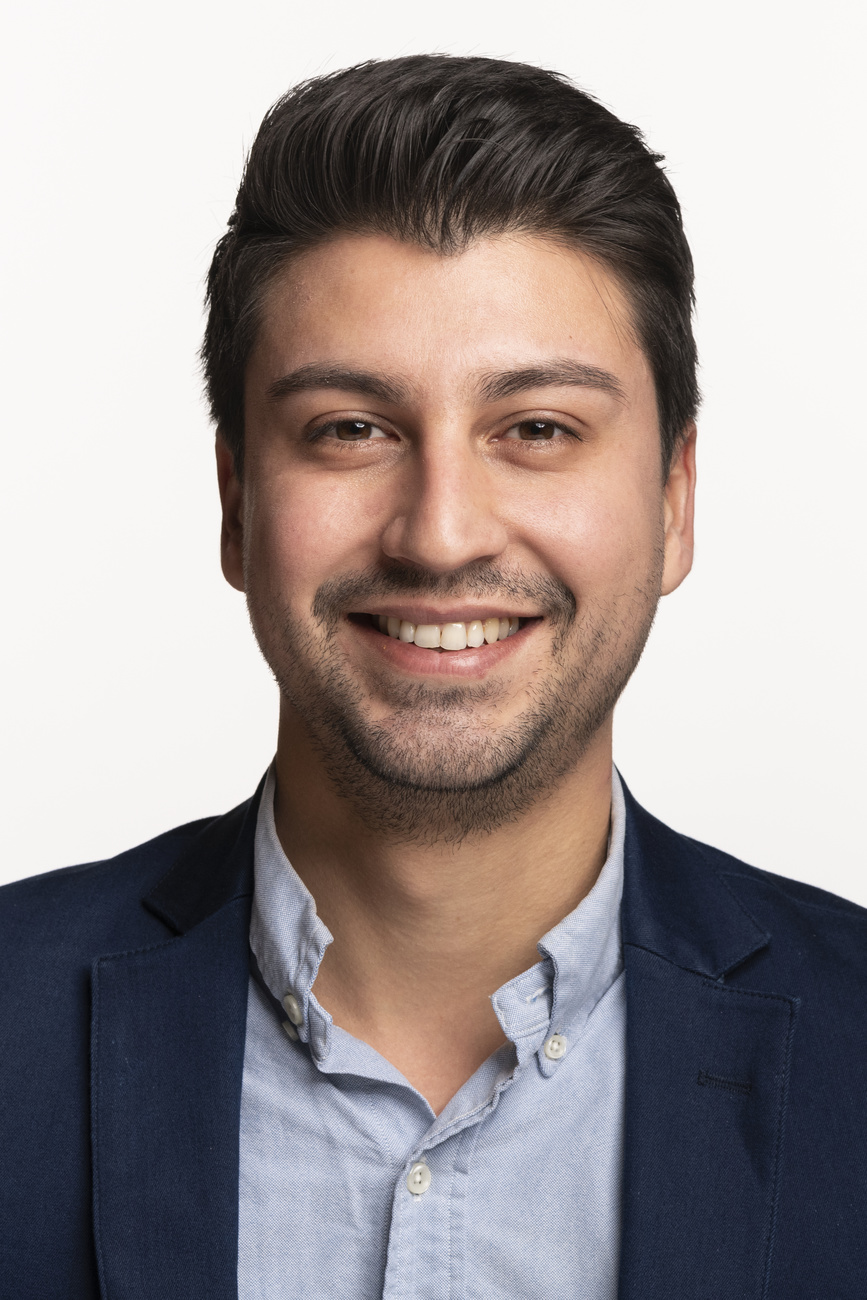
Not everyone is on board with the criticisms against Switzerland though. The statements in the interviews are old clichés about Switzerland, contradicts Franz Grüter, a parliamentarian from right-wing Swiss People’s Party (SVP) and President of the Foreign Affairs Committee.
“Switzerland has adopted all the sanctions imposed by the EU. And especially when it comes to the rule of law, Switzerland has nothing to hide.”
What neutrality?
Grüter does not agree that Switzerland is hiding behind neutrality. On the contrary, he believes that Switzerland has given up its neutrality to his personal regret. At least that’s what the international press and the US President said explicitly.
Russia has also rejected Switzerland’s offer to use its “good offices” and mediate between Ukraine and Russia, on the grounds that Switzerland is no longer neutral. Ukraine and Switzerland had already agreed on a protecting power mandate when a Njet arrived from Moscow.
At a recent meeting on the fringes of the UN General Assembly in New York, Russian Foreign Minister Sergey Lavrov called on Swiss President Ignazio Cassis to return to their “neutrality policy”.
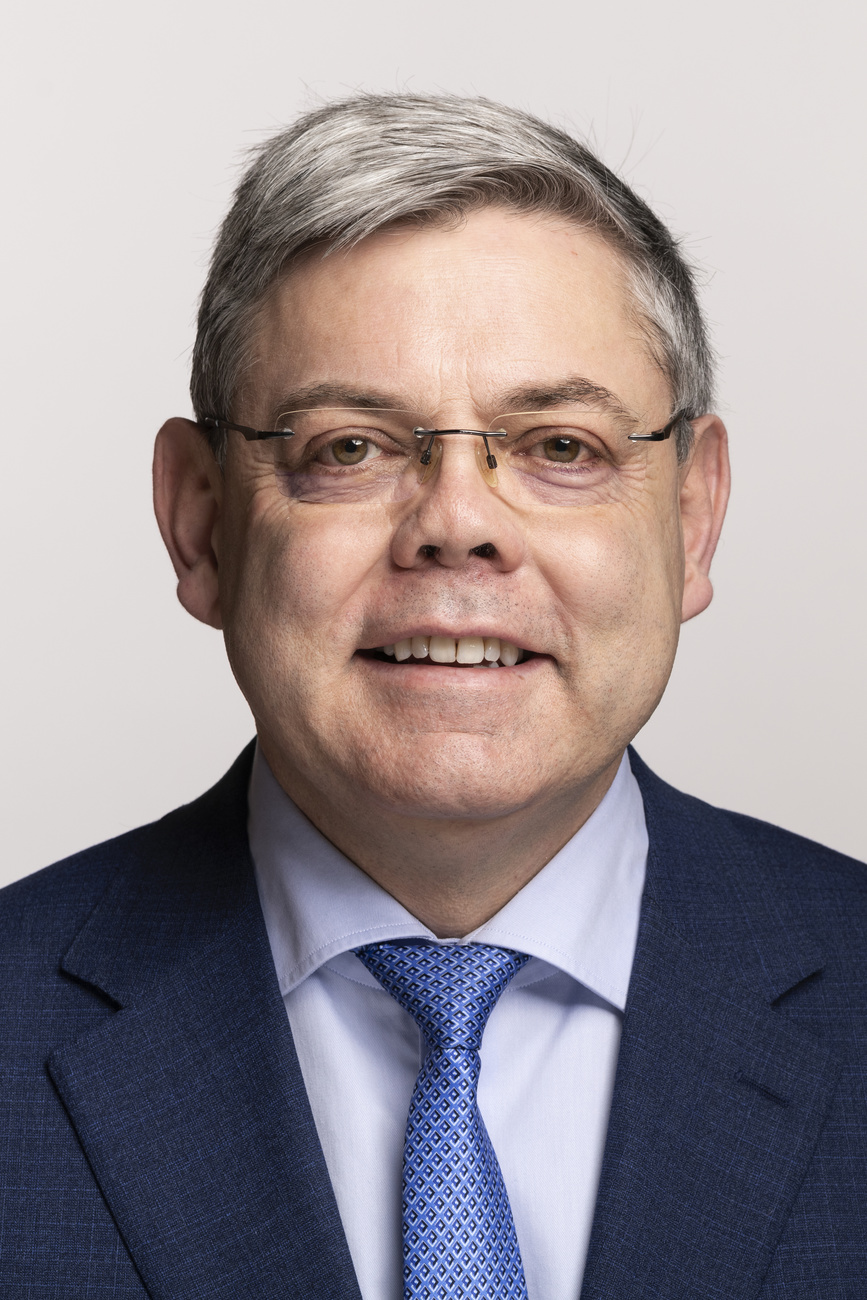
That would also be in Grüter’s interest: “With its neutral role and humanitarian tradition, the small state of Switzerland could play an important role in accepting a protecting power mandate or at some point in peace negotiations,” says Grüter.
“I therefore advocate that we stick strictly to the success factors that have brought peace to our country for almost 200 years.” What is meant by this is Swiss neutrality as it was before Switzerland joined the European sanctions.
Switzerland should support Russian opposition
According to Molina, the war against Ukraine is a turning point for Europe.
“For Switzerland, this means above all that it has to end its dirty business model with dubious foreign money. This finally requires an effective defence against money laundering and an end to unfair tax policies.”
In addition, Molina wants the Alpine nation to substantially increase aid for the victims of the war and actively support the Russian opposition – also in the granting of asylum.
Since the introduction of partial conscription, tens of thousands of Russian men have fled abroad. According to estimates by the British Ministry of Defense, this is leading to a brain drain for Russia, because many of the refugees are well-educated and intellectuals, and some are also critics of the regime.
In Switzerland, deserters do not automatically have a right to asylum. According to the State Secretariat for Migration, however, “the circumstances of the individual case are examined intensively for each application”. This is in contrast to countries like Poland, the Baltic states or Finland, which turn away Russian deserters at the border.

In compliance with the JTI standards
More: SWI swissinfo.ch certified by the Journalism Trust Initiative


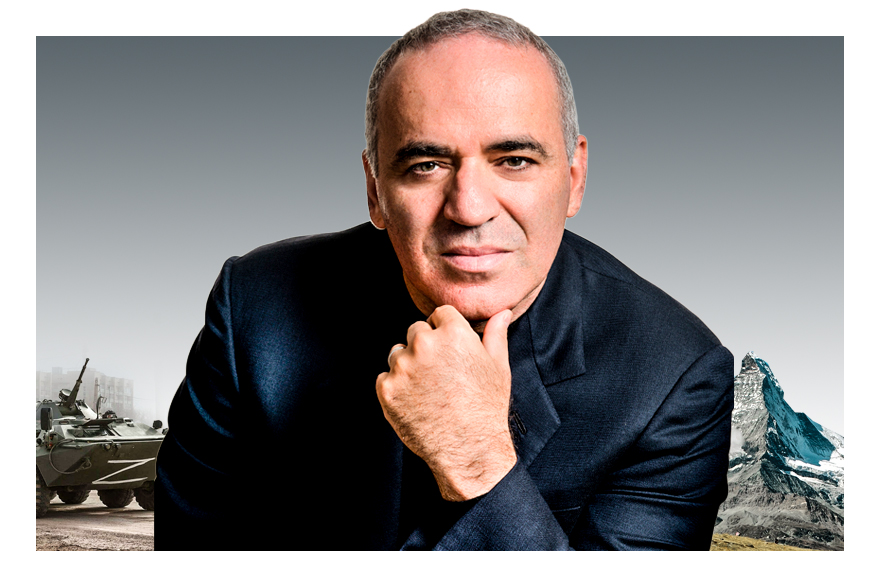
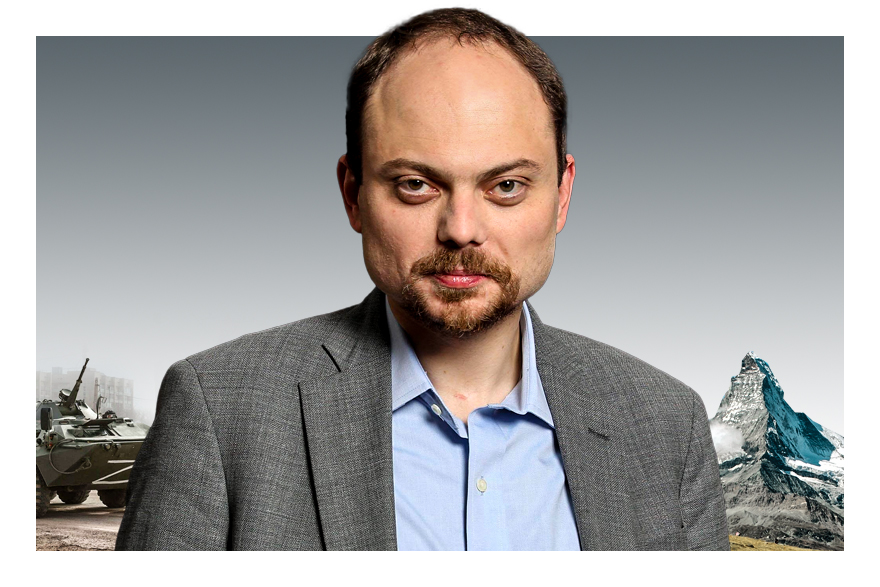
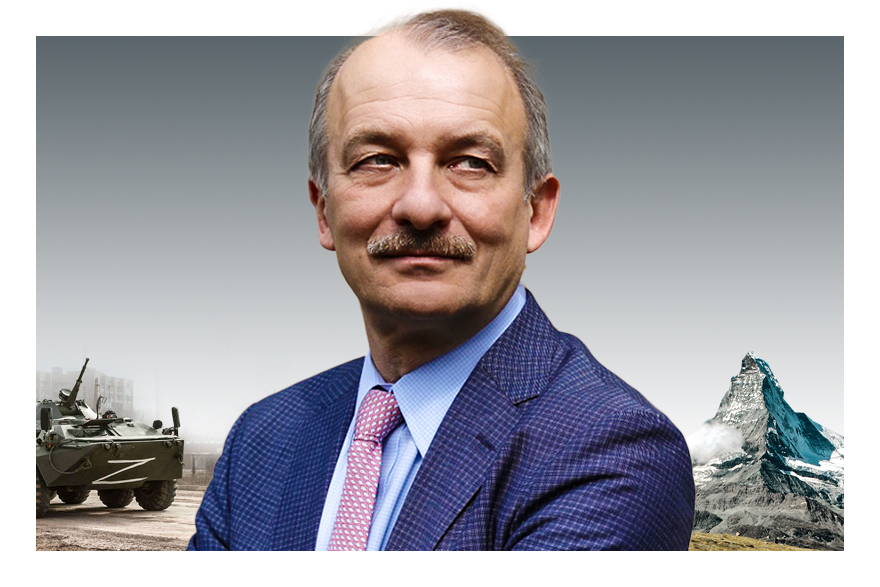
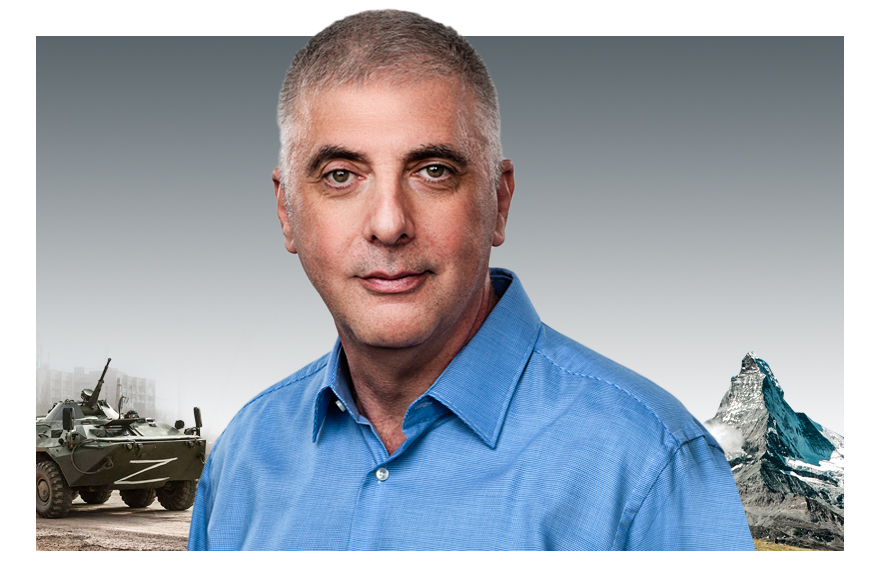
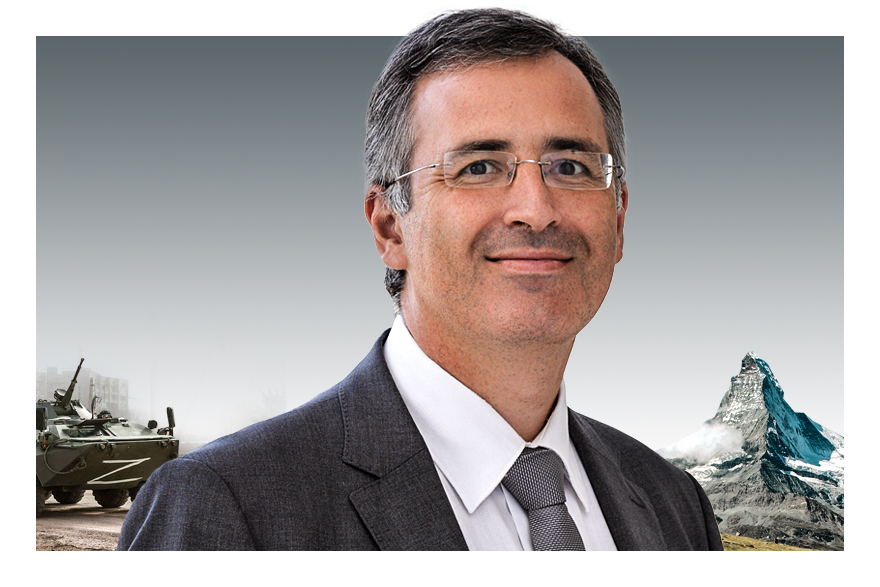
You can find an overview of ongoing debates with our journalists here. Please join us!
If you want to start a conversation about a topic raised in this article or want to report factual errors, email us at english@swissinfo.ch.